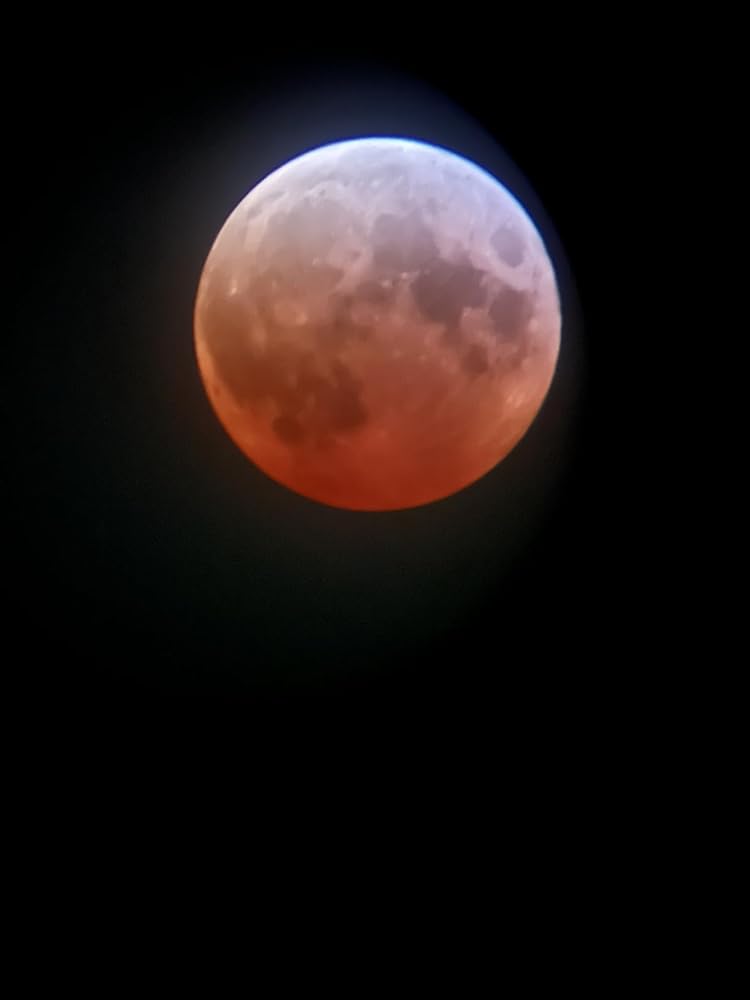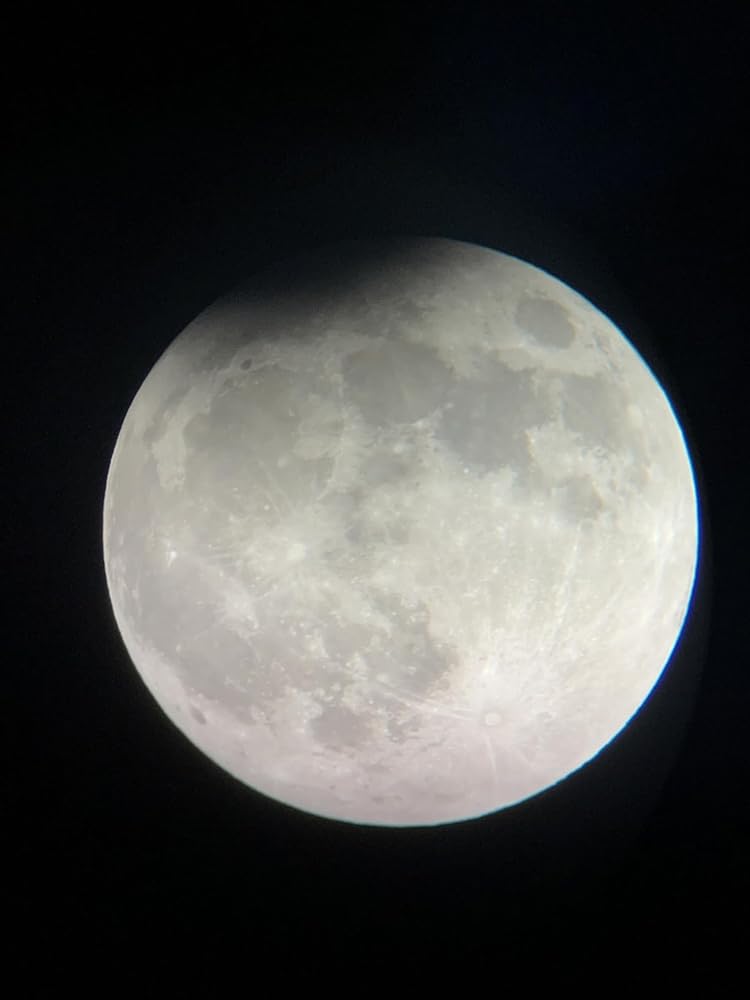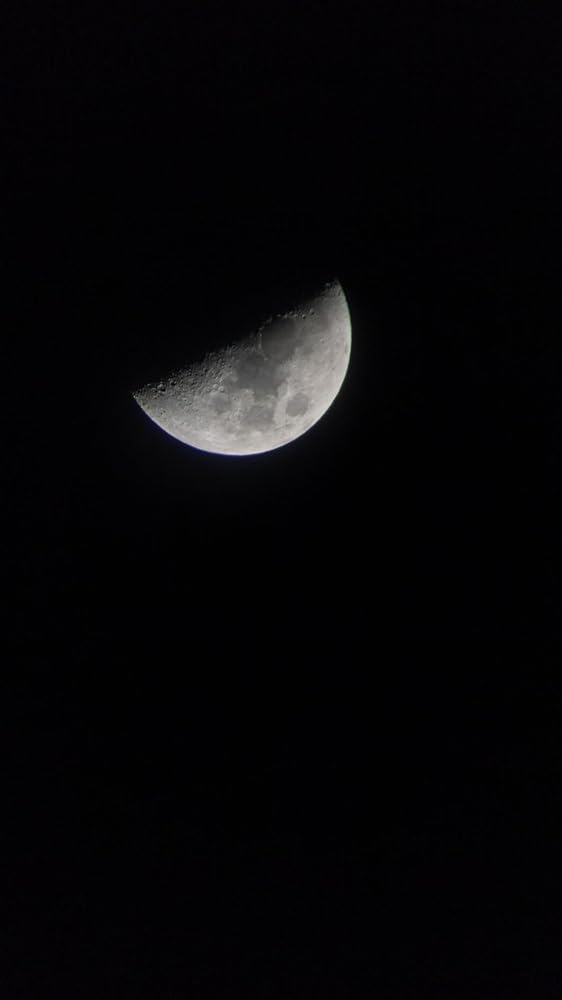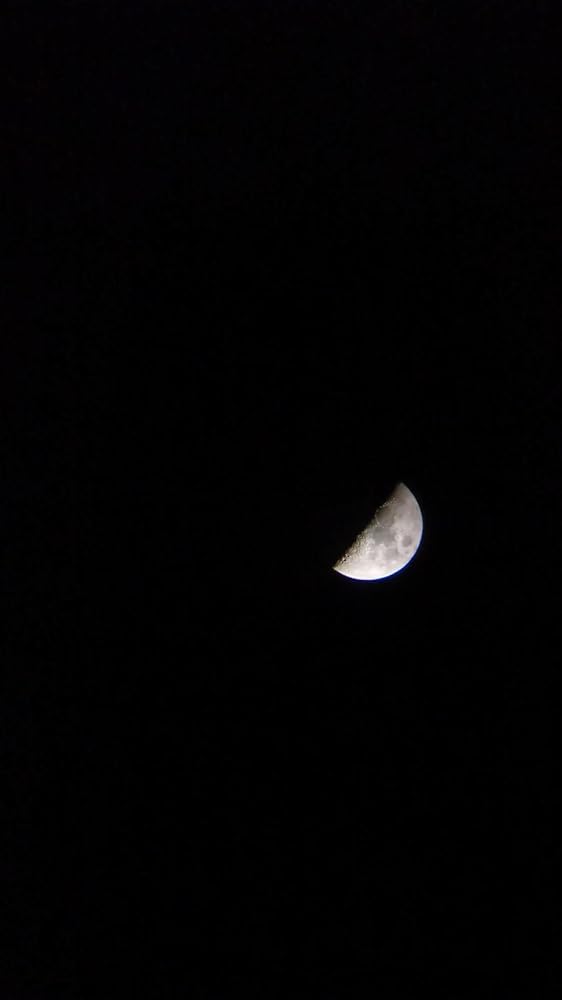



Let me start by saying this telescope delivers some genuine 'wow' moments. The first time I saw Jupiter's moons lined up like tiny pearls or Saturn's rings (yes, actual rings!) through the 70mm aperture, I felt like a real space explorer. The moon views are particularly stunning - craters appear crisp under good conditions.
Where this scope shines is portability. The lightweight design and included carry bag make it perfect for spontaneous stargazing trips. I've taken mine to dark sky sites, the beach, and even just my backyard with minimal hassle. Setup takes about 5 minutes once you get the hang of it.
However, there's a steep learning curve that isn't obvious at first. Finding celestial objects requires patience - I spent more time hunting than observing during my first weeks. The short tripod means uncomfortable crouching during these searches (my back still complains!). Light pollution dramatically limits what you can see too.
The smartphone adapter is a brilliant inclusion when it works right. Capturing moon photos to share got my whole family excited about astronomy. But be warned - aligning the finder scope perfectly takes serious tinkering.
While marketed for kids, I'd actually recommend this more for patient adults introducing children to astronomy. The frustration factor when objects won't stay in view could discourage young users without guidance.
For under $200, you get decent optics that outperform toy telescopes, but with clear limitations. It's served me well as a 'training scope' while saving for something more advanced. Just temper expectations - galaxies remain fuzzy smudges and planetary details are faint at best through this aperture.

